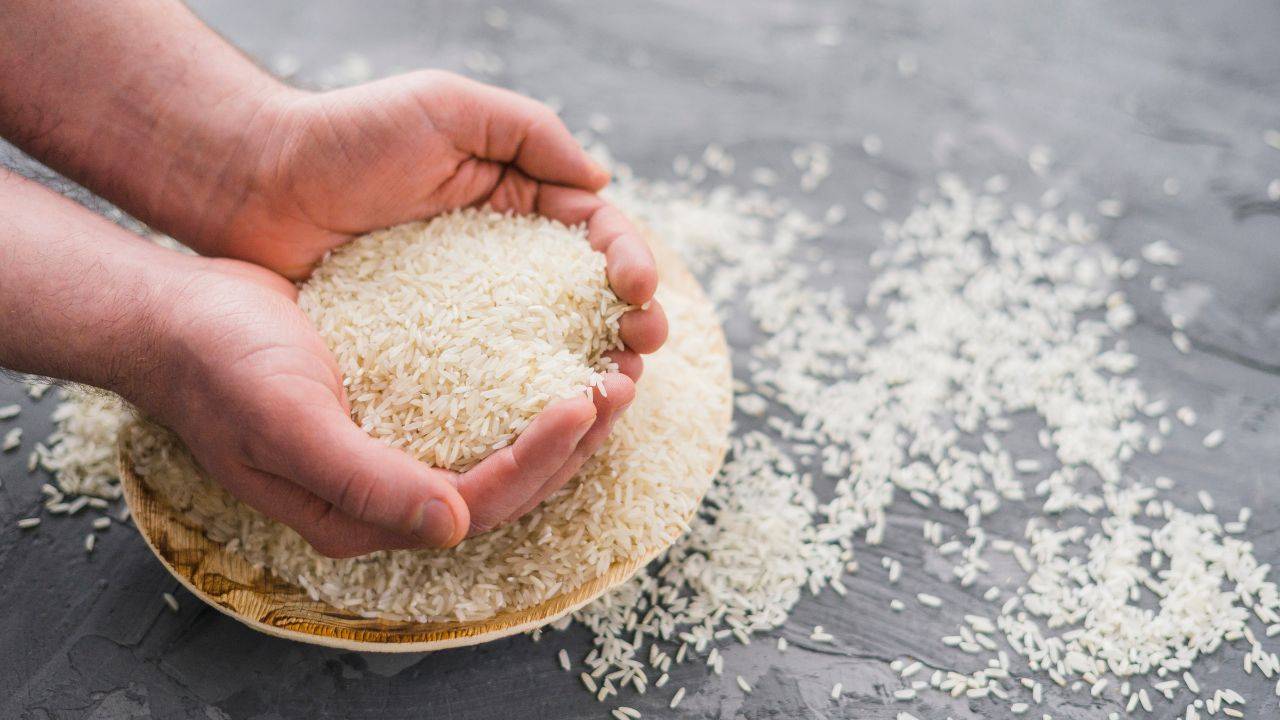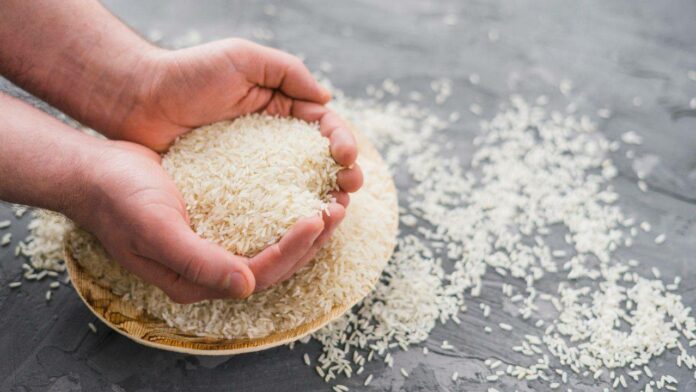
India has defended its decision to ban the export of non-basmati white rice during the recent meeting of the WTO’s Committee on Agriculture in Geneva on September 27 as a necessary regulation rather than a necessary one.
This step has been taken in response to the concerns raised by many countries including the United States.
According to a Geneva-based official, India stressed that the export ban was important to ensure food security for its vast population of 1.4 billion people.
India assured the Committee of its commitment to support food security in importing countries by granting exemptions to countries in need upon the requests of their respective governments.
While India has indeed banned exports of non-basmati white rice till July 20 this year, it has also allowed certain exemptions for certain countries.
Notably, India has allowed non-basmati rice exports to Bhutan, UAE, Mauritius and Singapore through the National Cooperative Export Limited (NCEL).
The Government of India has pledged to provide rice or wheat in required quantities to food insecure and vulnerable countries as well as neighboring countries upon their requests. This commitment is intended to address concerns about potential shortages in these regions.
India further argued that it did not provide advance notice to the WTO of these measures to prevent private players from manipulating market conditions. These export restrictions are termed temporary and are subject to regular review to adjust to local demand and supply dynamics.
A group of WTO member countries, including the US, expressed their concerns over India’s export ban on non-basmati white rice. He argued that such a decision could have a negative impact on countries that depend heavily on imports of these agricultural commodities, especially in times of crisis. Factors such as the ongoing conflict between Russia and Ukraine and El Nino weather conditions have already affected the global food grain supply chain.
During the meeting, countries like Japan, Australia, Brazil, Canada, European Union, New Zealand, Switzerland, Thailand, United Kingdom and America raised more than a dozen questions.
They collectively highlighted India’s importance as the world’s largest rice exporter, accounting for more than 40 percent of global rice exports. The concern mainly revolves around the potential disruption that India’s export ban could create in the global food market.
India’s export ban on non-basmati white rice has raised concerns among WTO member countries, with the US urging India to lift the ban immediately. India has defended its position by highlighting the need for food security for its large population and its commitment to provide assistance to food-insecure countries upon request. The situation is subject to constant debate and review as the global food market faces various challenges.
First Published: 29 Sep 2023, 12:00 IST
